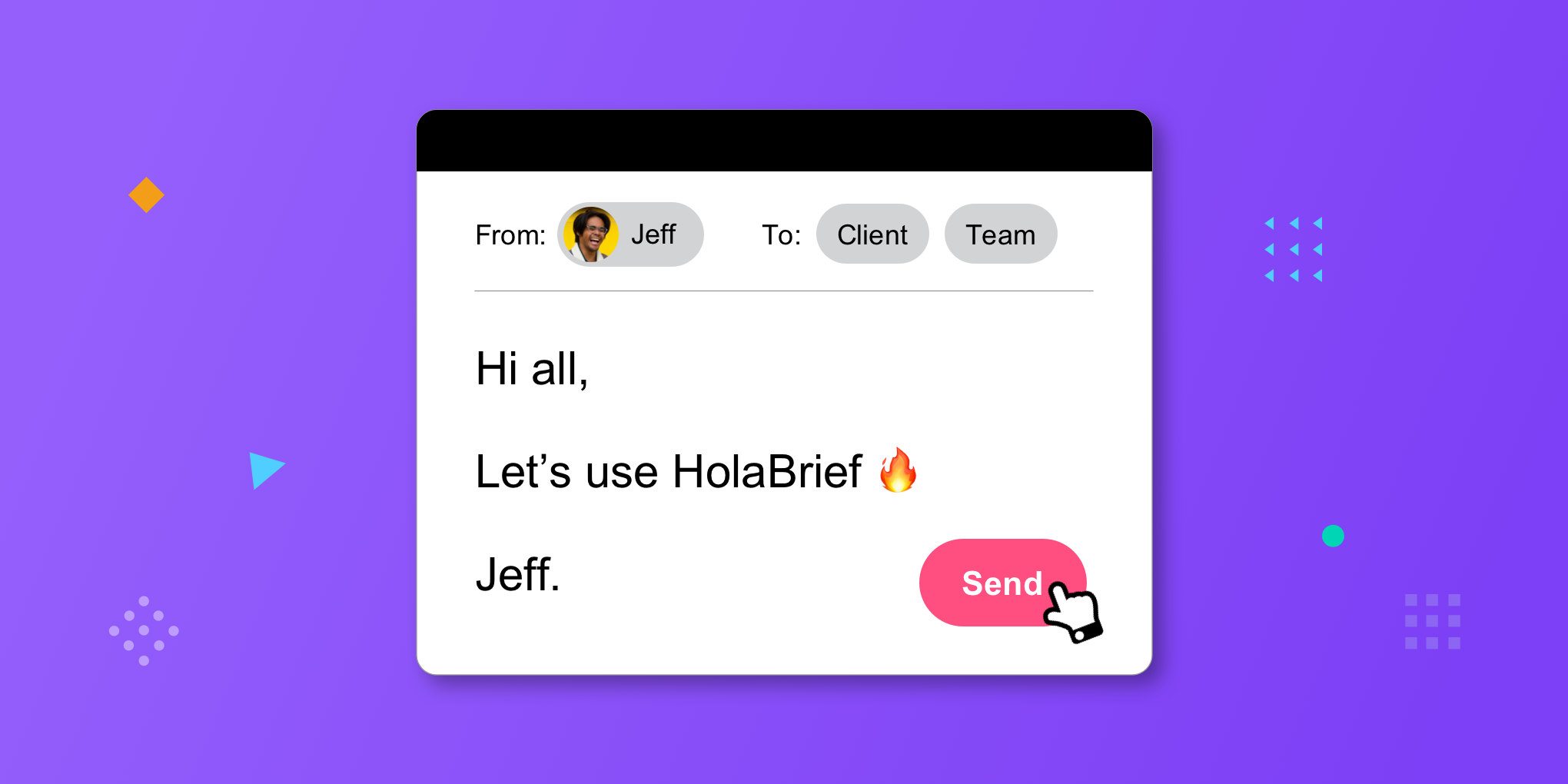Several years ago, I was in San Francisco, CA working in a public relations agency and had some of the largest technology companies in the world as my clients. I helped train executives before they met with the media, launch their products and services to market, and crafted strategic content for their digital platforms. Despite excelling at each of these tasks, I never felt like I was enough.
Fast forward to today, now a UX Researcher & Service Designer based in Barcelona, I still find myself battling my own self-doubt as a designer. No number of workshops, classes taught at design schools, blog articles, seems to be able to replace that feeling of inadequacy that creeps up on me from time to time.
It turns out that I am not alone. Imposter syndrome is a very real thing, something that designers and non-designers alike face. Simply put, someone who suffers from this “syndrome” believes that they are a complete fraud, despite any accomplishments that they may have earned. They are constantly worried about being “discovered” and people labeling them as a “fake”.
Here are three tips to help build your self-esteem and recognize that you are not a phony hiding behind a mask:
Ask for feedback regularly & give yourself time to reflect on it
Sometimes we get so busy in the day to day of things that we fail to recognize where we can improve, and even to see our own accomplishments. In a professional setting, if you haven’t done this already, approach your boss and/or mentor and schedule a time to talk about your performance. Ask them to provide you with both positive and constructive feedback.
You can’t grow, if you don’t know what you need to improve.
Don’t only ask for feedback but seek opportunities to give it as well. In doing so:
- you are more likely to receive it in return and
- it will help you reflect on your own abilities and work.
Share the “dirty laundry” & start a conversation
We never want to share the negative and social media is living proof of that. However, I feel that
we humans need to hear more about failure.
I frequently attend design conferences and can’t tell you how many times I’ve sat through agency presentations where the entire presentation is about them showing how they are the best thing since sliced bread. Do I think they should never brag? No, of course not. I do however hope that they, and more individuals, start to more actively share the times where things didn’t work out, projects that failed miserably, and the poorly constructed brief that lost a potential client.
In the classes that I teach and the talks that I give, I try to show both sides of the coin. Is it nerve-wracking talking about the “bad”? Of course, it is. However, I have found that more often than not, I have had individuals speak up and courageously share similar stories, proving to me that I am not alone in thinking that “I am a fake”. Share your struggles with your colleagues and peers and you will see the same thing happen in return.
Accept the fact that you don’t know everything
This is easier said than done, but it is an important step in coming to terms with the fact that what you know is sufficient, for now. You don’t need to know everything about a certain industry or a client's project, nor will you ever, and that is perfectly ok. Go to meetups, conferences, and workshops to continue to build your knowledge in a given field. Surround yourself with others who will help you grow and build trust in yourself.
Today, although far from knowing everything about UX and service design, I am proud of where I am and excited about what the future holds. Will there be times where I feel inadequate? Yes. Is that ok? Absolutely. Being more willing to receive feedback from others, open to sharing my mistakes, and accepting the fact that I don’t know everything has helped me be more authentic. I invite you to do the same and see the difference it will make in both your professional and personal life.
HolaBrief helps designers to ask feedback from the client on the creative brief, straight in their email inbox.




